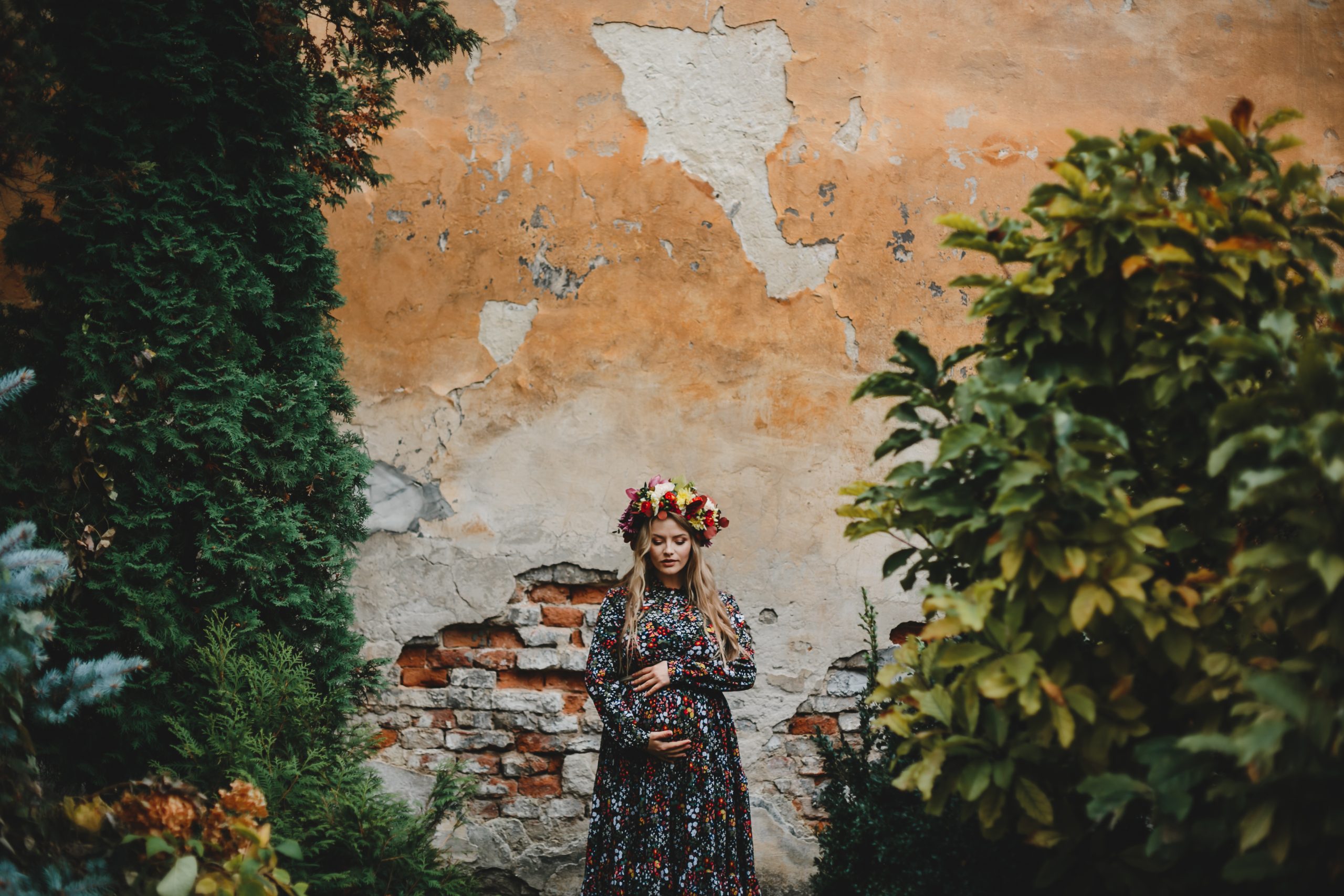ItalyTribune proudly explores the heart and soul of Italy a land where history, culture, and traditions blend beautifully to create an unmatched experience. Italy is more than a country; it is a way of life, a celebration of family, food, art, and ritual.
From the cobblestone streets of Rome to the rolling hills of Tuscany, Italy’s traditions have stood the test of time, continuing to shape its people’s identity and inspire millions of visitors every year. In this guide, we dive deep into the timeless traditions that define Italy and why they remain so powerful in today’s modern world.
More Related: The Legacy of Press Freedom in Italy: An Untold Power
The Essence of Italian Culture
Italy’s culture is deeply rooted in history, religion, and family values. Every region has its unique traditions, yet there is a shared sense of belonging that connects Italians from north to south.
Family as the Heart of Society
Family is the foundation of Italian life. Sundays are often dedicated to family gatherings where everyone comes together for a long, shared meal. These gatherings are not just about eating but also about storytelling, laughing, and bonding over several courses of homemade dishes.
The Role of Religion
Catholicism has played a significant role in shaping Italian traditions. Many local festivals are tied to religious events, and small towns often hold processions in honor of their patron saints. Easter and Christmas celebrations are particularly special, filled with centuries-old customs.
Culinary Traditions that Tell a Story
Italian food is a tradition in itself — each dish is a piece of history passed down through generations.
Regional Diversity in Cuisine
Each region in Italy boasts its own specialties:
- Naples is known for inventing the world-famous pizza.
- Bologna brings rich flavors with its ragù and fresh egg pasta.
- Sicily introduces sweet treats like cannoli and arancini.
This diversity reflects Italy’s varied history and geography, making every bite an exploration.
The Art of Slow Dining
Italians do not rush meals. Dinner can last hours, with multiple courses including antipasto, primo, secondo, contorno, and dolce. Wine is enjoyed slowly, and conversations flow naturally. This approach to dining emphasizes enjoying life’s simple pleasures.
Celebrations and Festivals
No country does festivals quite like Italy. These events keep old traditions alive and bring entire communities together.
Carnevale: A Colorful Celebration
Venice’s Carnevale is a world-famous spectacle with elaborate masks and costumes. This festival dates back centuries and symbolizes freedom, creativity, and the joy of life.
Palio di Siena: The Legendary Horse Race
In Siena, the Palio is more than just a race — it’s a fierce rivalry between neighborhoods. The city transforms into a medieval arena, with parades, feasts, and intense emotion leading up to the race.
Artistic Heritage and Architecture
Italy’s artistic and architectural traditions have left an unforgettable mark on the world.
The Renaissance Legacy
The Italian Renaissance produced some of history’s greatest minds — Michelangelo, Leonardo da Vinci, Raphael — who redefined art, science, and philosophy. Visiting Florence is like stepping into a living museum of this era.
Architecture That Tells Stories
Italy’s cities are filled with ancient ruins, cathedrals, and piazzas that speak of its glorious past. The Colosseum, St. Peter’s Basilica, and the Leaning Tower of Pisa are more than tourist attractions; they are pieces of history standing tall through centuries.
Fashion and Craftsmanship
Italy is also known as a trendsetter in global fashion and design.
The Fashion Capitals
Milan and Florence host prestigious fashion shows, setting trends for the entire world. Italian brands like Gucci, Prada, and Versace have become synonymous with luxury and style.
Traditional Crafts
Beyond haute couture, Italy is home to skilled artisans who create handmade leather goods, Venetian masks, Murano glass, and intricate lacework continuing ancient techniques that have been preserved for generations.
Sports and Passion
Italians bring the same level of passion to sports as they do to food and family.
Football: More Than a Game
Soccer (calcio) is almost a religion in Italy. Stadiums fill with cheering fans who show unwavering loyalty to their local teams. Events like the World Cup victories in 1982 and 2006 are sources of national pride.
Cycling and Historic Races
The Giro d’Italia is a prestigious cycling race that winds through Italy’s stunning landscapes, drawing crowds to cheer along the route.
Language, Music, and Gestures
Italian is often called the language of love, and its melodic sound reflects the country’s charm.
Opera and Classical Music
Italy gave birth to opera, with composers like Verdi and Puccini creating masterpieces still performed worldwide. Opera houses like La Scala in Milan remain cultural icons.
Expressive Communication
Italians are famous for using hand gestures when they speak. These gestures are a tradition in themselves, adding emphasis and emotion to conversations.
Modern Italy Embracing the Old
While Italy is modernizing rapidly, its people remain fiercely protective of their traditions. Farmers’ markets thrive even in big cities, family recipes are guarded like treasures, and historic town squares are still the center of social life.
FAQs
Why are Italian traditions so important?
Italian traditions connect people to their history and identity. They bring communities together, strengthen family bonds, and keep cultural heritage alive.
What is the most famous Italian tradition?
One of the most famous is the family Sunday lunch, where relatives gather for hours over a multi-course meal. Festivals like Carnevale and religious processions are also iconic.
How do Italian regions differ in traditions?
Every region has its own dialect, cuisine, and local customs. For example, northern Italy may celebrate food with polenta and risotto, while the south is known for pasta, seafood, and lively festivals.
Are Italian traditions still relevant today?
Absolutely. Italians integrate traditions into modern life, balancing innovation with cultural pride. Events, rituals, and recipes continue to be passed down to new generations.
Conclusion
Italy’s traditions are the heartbeat of its culture, offering a window into its rich past while continuing to shape its present and future. From family gatherings to world-renowned art, from sacred festivals to stylish fashion, every aspect of Italian life is steeped in meaning.
As Italy Tribune reminds us, these timeless traditions are not relics of the past but living expressions of a country that celebrates life with unmatched passion. Whether you’re a traveler, a foodie, or a culture enthusiast, exploring Italy’s traditions is a journey that will stay with you forever.



